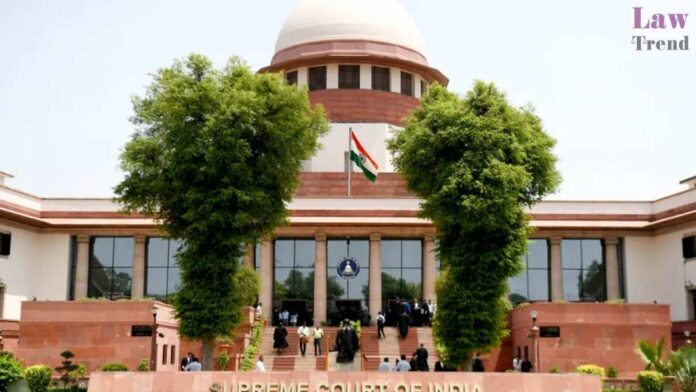The Supreme Court of India has explained that the inheritance rights of daughters from Scheduled Tribes are governed by their specific customary laws, not the Hindu Succession Act, 1956, due to an explicit statutory exclusion in the Act itself. While setting aside a directive from the Himachal Pradesh High Court that had applied the Act
To Read More Please Subscribe to VIP Membership for Unlimited Access to All the Articles, Download Available Copies of Judgments/Order, Acess to Central/State Bare Acts, Advertisement Free Content, Access to More than 4000 Legal Drafts( Readymade Editable Formats of Suits, Petitions, Writs, Legal Notices, Divorce Petitions, 138 Notices, Bail Applications etc.) in Hindi and English.




